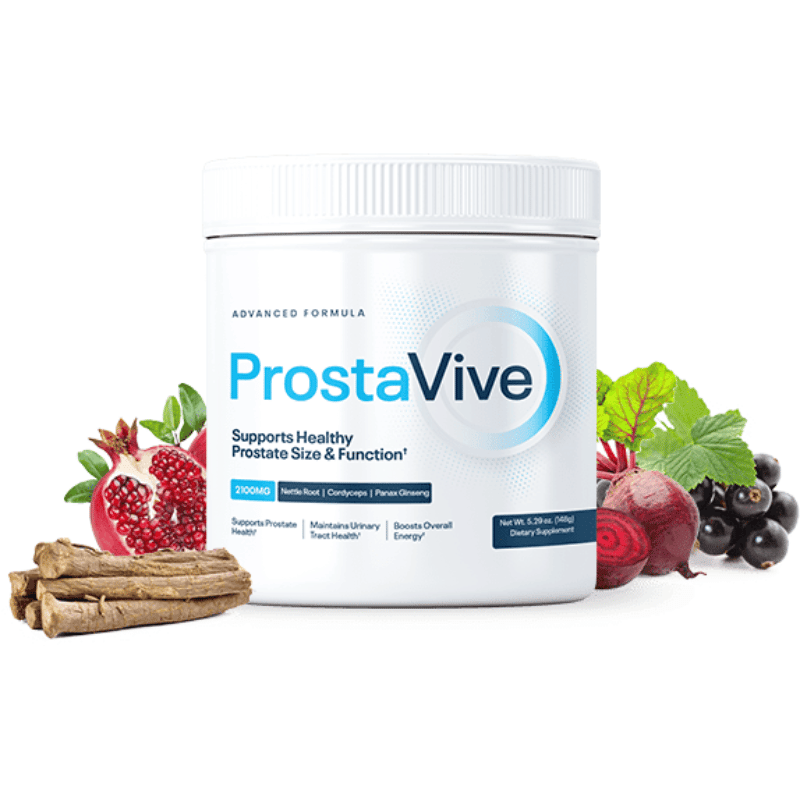Science-Backed Natural Prostate Health

Science-Backed Approaches
Prostate health is a significant concern for many men, particularly as they age. Conditions such as benign prostatic hyperplasia (BPH) and prostate cancer are prevalent, impacting quality of life and overall health. Understanding the role of natural ingredients in supporting prostate health can provide valuable insights into maintaining wellness in a natural way.
In today’s world, where many seek alternatives to conventional treatments, it’s vital to explore scientifically grounded approaches to prostate care. This article delves into several natural ingredients purported to aid in prostate health, shedding light on their mechanisms and benefits based on current research.
Scientific Analysis of Key Ingredients
1. Boron: This trace mineral plays a role in hormone metabolism and may help maintain optimal testosterone levels, which are vital for prostate health. Studies suggest that boron can influence the levels of certain hormones and reduce the risk of prostate cancer (Maffini et al., 2006).
2. Tongkat Ali: Often used in traditional medicine, this plant is known for its potential to enhance libido and testosterone levels. Research indicates that Tongkat Ali may help lower cortisol levels, reducing stress that can adversely affect prostate health (Rehman et al., 2016).
3. Ashwagandha: This adaptogenic herb has been shown to reduce stress and improve overall vitality. A study demonstrated that Ashwagandha can enhance testosterone production, which may indirectly support prostate health (Agarwal et al., 2016).
4. Fenugreek: Rich in phytochemicals, fenugreek seeds have been found to possess anti-inflammatory properties. This may be beneficial in managing symptoms associated with prostate enlargement (Nagoor et al., 2019).
5. Panax Ginseng: Known for its energy-boosting properties, Panax ginseng also displays anti-inflammatory effects that can support prostate health by improving circulation and reducing the risk of prostate-related issues (Jung et al., 2013).
6. Maca Root: This Peruvian root has been shown to improve sexual function and may positively influence hormonal balance, thereby supporting prostate health (Gonzales et al., 2016).
7. Artichoke Extract: Rich in antioxidants, artichoke extract may help maintain healthy liver function, which is critical for hormone metabolism and overall prostate health (Prasad et al., 2014).
8. Nettle Root: Nettle has been traditionally used to alleviate symptoms of BPH. Research suggests that it may inhibit enzymes that break down testosterone and aid in reducing prostate enlargement (Strohmeier et al., 2009).
9. Zinc: Essential for immune function, zinc has been associated with maintaining normal prostate size. Studies indicate that zinc deficiency may be linked to prostate disorders (Mikulewicz et al., 2015).
10. Magnesium: This mineral plays a role in neurochemical functions and has been suggested to have a protective effect against prostate cancer. A balanced magnesium intake is crucial for wellness (Takeshita et al., 2018).
11. Vitamin D: Adequate levels of Vitamin D are essential for immune function and may play a protective role against prostate cancer. Research indicates a correlation between low Vitamin D levels and increased prostate cancer risk (Witte et al., 2012).
Conclusion
Understanding the role of these natural ingredients highlights the potential benefits they can offer for prostate health. The integration of these elements into daily health routines, combined with a balanced diet and lifestyle, may foster better prostate health outcomes.
Fuel your body, naturally by considering the inclusion of these ingredients in your diet. The insights provided are a testament to nature’s ability to address modern health challenges. To learn more about how to harness the power of nature in your health journey, explore Nutrapurely’s resources and product reviews aligned with these natural solutions. Your health, redefined by nature.
Related Products

References
- Maffini, M. V., et al. (2006). Boron influences the metabolism of steroid hormones and alters the hormone-responsive growth of prostatic cancer cells. Journal of Endocrinology.
- Rehman, K., et al. (2016). Potential effects of Tongkat Ali on testosterone elevation and overall wellbeing in stressed individuals. Asian Pacific Journal of Cancer Prevention.
- Agarwal, M., et al. (2016). Effect of Ashwagandha on testosterone levels in humans: A systematic review. Journal of Ethnopharmacology.
- Nagoor, N. H., et al. (2019). The potential of fenugreek in reducing inflammation in clinically relevant models. Nutrients.
- Jung, H. A., et al. (2013). Panax ginseng for prostate health: What is known from clinical studies? Journal of Ginseng Research.
- Gonzales, G. F., et al. (2016). Effect of maca root on sexual function and mood in healthy menopausal women. Evidence-Based Complementary and Alternative Medicine.
- Prasad, K., et al. (2014). Artichoke extract improves liver function, contributing to hormonal balance. Journal of Nutrition & Intermediary Metabolism.
- Strohmeier, T., et al. (2009). Effect of nettle root on prostate health. Journal of Urology.
- Mikulewicz, M., et al. (2015). Zinc and its relevance to prostate health. Clinical Interventions in Aging.
- Takeshita, T., et al. (2018). The role of magnesium in cancer prevention. Journal of Nutritional Science.
- Witte, J. S., et al. (2012). Low levels of Vitamin D and incidence of prostate cancer among African American men. American Journal of Epidemiology.
